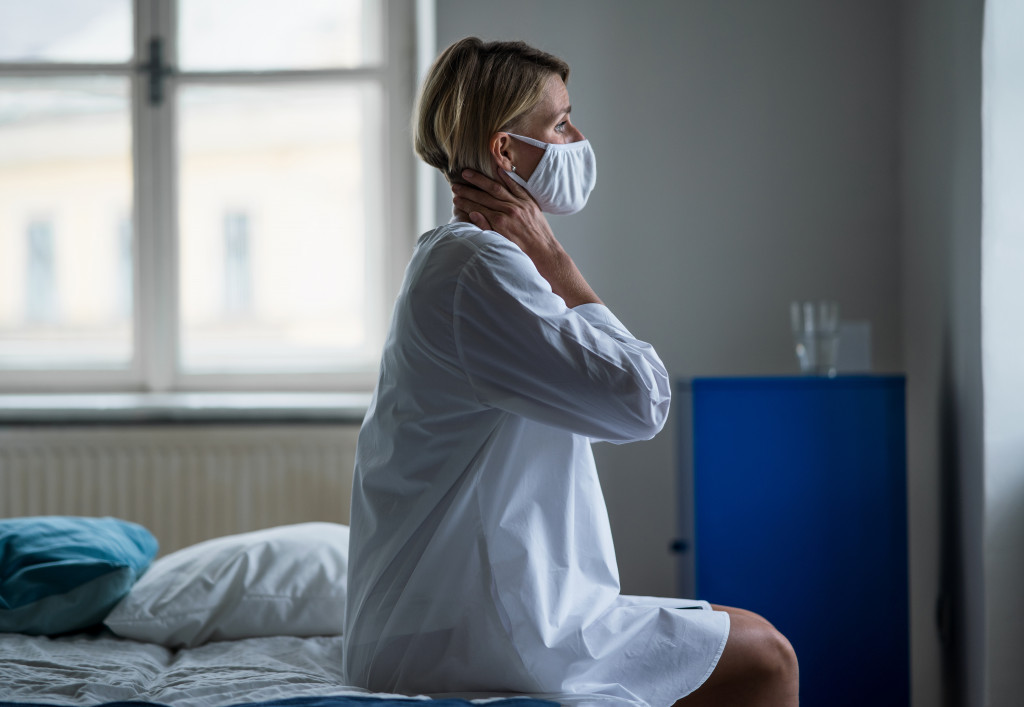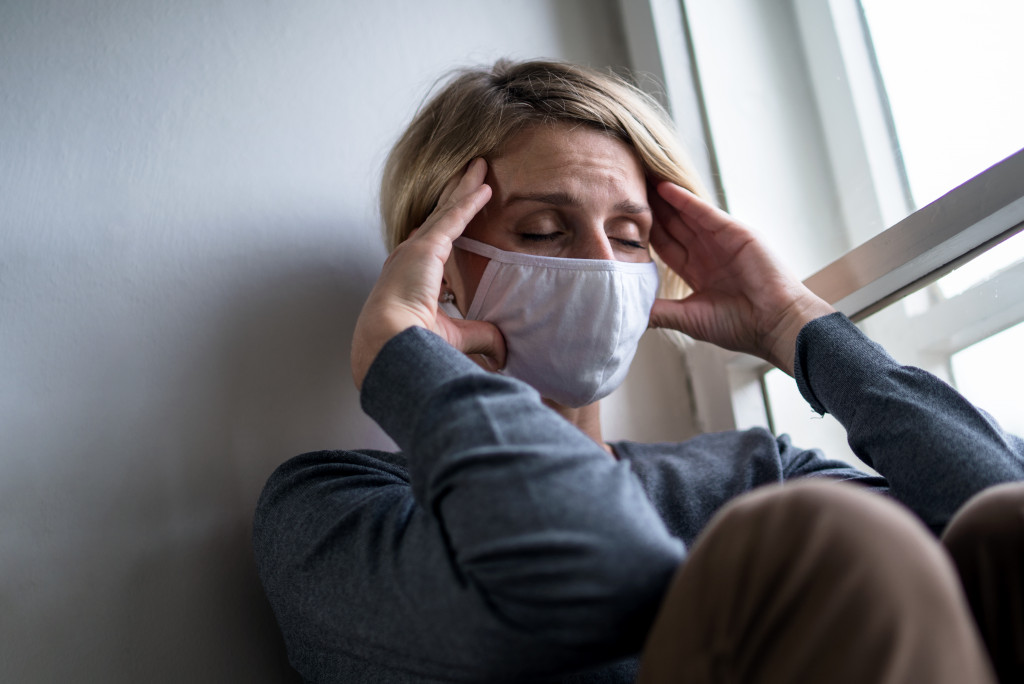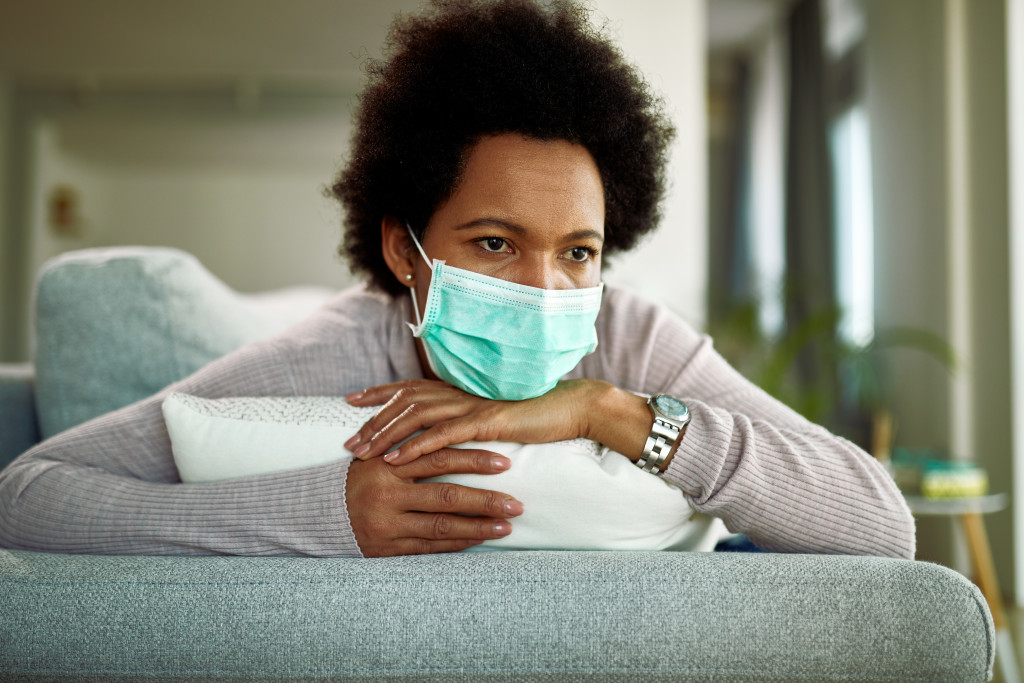• COVID-19 has affected over 700 million people around the world.
• To ensure successful post-COVID care, it is important to get tested by a medical professional for accurate virus detection.
• Post-COVID self-care should include getting plenty of rest, exercising regularly, and eating a balanced diet.
• Long COVID includes lingering symptoms such as fatigue, muscle aches, and difficulty concentrating that can last for weeks or months.
• Long COVID treatment options include physical therapy, occupational therapy, cognitive behavioral therapy, medication management, and lifestyle adjustments.
You were on the mend, and now you’re feeling better. Congratulations! Now that you’ve recovered from COVID-19, it’s time to focus on your post-COVID care. Everyone’s journey is different. Some may find they are recovering physically, while others may experience lingering emotional trauma.
COVID-19, classified as a pandemic, has left many helpless and scared. It accounts for over 6 million deaths and over 700 million cases globally, as the World Health Organization reported. These numbers are overwhelming. However, it is important to remember that there are steps you can take to ensure your post-COVID care is a success.
How to Be Considered as Fully Recovered from COVID-19
The best way to know if you are fully recovered from COVID-19 is to get tested by a medical professional. This will help ensure that the virus has been eliminated from your system and that you can safely return to normal activities.
Testing such as Covid-19 PCR, the most accurate test for COVID-19 detection, can be done at a clinic or hospital and will validate that you are no longer infected. You can also get tested multiple times to ensure you are still virus-free and ready to return to normal activities. It is important to note that even after testing, it may take some time to feel complete back to normal.
If you have not tested positive for COVID-19 but are experiencing symptoms such as fever, chills, or body aches, it is important to get tested and speak with a medical professional.
Post-COVID Self-Care
Once you have been declared virus-free by a medical professional, it is time to focus on post-COVID self-care. Your recovery journey after COVID-19 should be a priority. Taking the right measures to ensure your well-being is essential.
Start by focusing on your physical health. Get plenty of rest, exercise regularly, and eat well-balanced meals. Make sure to drink lots of fluids to stay hydrated and reduce fatigue or other post-COVID symptoms that may persist. Additionally, you should take the
Rest & Relaxation
Resting is an important part of post-COVID recovery and should be taken seriously. Take naps when needed, get enough sleep at night, and permit yourself not to do anything when necessary (a break is always welcome). Additionally, try yoga or meditation to help you relax and clear your mind when needed.

Exercise
Exercise can help build strength after being sick with COVID-19—but don’t overdo it! Start slowly; walk around the block or do light stretching exercises until your strength returns. You can also consult a healthcare provider about how much exercise is safe for you, given your unique situation. Remember that COVID can strain your body, and it might take some time to get back to your pre-COVID level of strength.
Healthy Eating
A balanced diet of fruits and vegetables can help keep your body strong and energized as you recover from COVID-19. Avoid processed foods filled with sugar and unhealthy fats, leaving you feeling sluggish and tired. Try incorporating more fiber into your diet. Fiber helps keep your digestive system functioning properly so that all nutrients are absorbed properly by the body.
Long COVID
Long COVID is a term used to describe the long-term effects of COVID-19. This can include lingering symptoms such as fatigue, muscle aches, and difficulty concentrating. This condition is common in people with severe COVID-19 illnesses and those who have not been vaccinated. If you are experiencing symptoms that last more than a few weeks, consider speaking to your healthcare provider to determine the best course of action.
Living with Long COVID

Living with long COVID can be a long and difficult journey. You may experience symptoms that are difficult to explain and tackle. Clinical evaluations and results of routine blood tests, chest x-rays, and electrocardiograms may be normal. Your healthcare provider can recommend long COVID treatment options such as:
- Physical Therapy: Exercises to help rebuild strength and stamina
- Occupational Therapy: Assistance with daily activities that were harder to do due to long COVID
- Cognitive Behavioral Therapy: Treatment for anxiety and depression related to your condition
- Medication Management: Medications used to treat long-term symptoms
- Lifestyle Adjustments: Making long-term lifestyle changes to best manage long COVID symptoms
It is important to remember that post-COVID care can be a long and challenging process, but with the right guidance, you can find the path back to health. Taking the necessary steps outlined above will help you on your journey toward recovery. Consult a healthcare provider if you have any questions or concerns.

